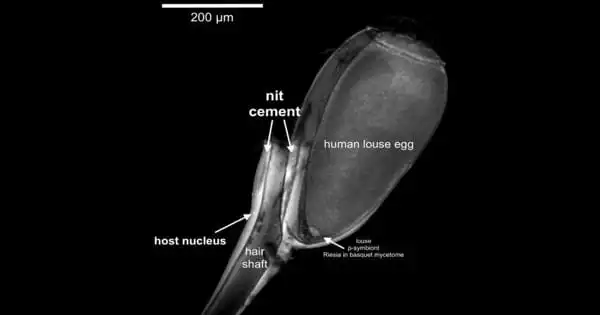Proteins are an important nutritional component that aids in the body’s development and repair. Proteins, which are made up of long chains of amino acids, aid in the development of skeletal muscles, which are the muscles that let us move. Proteins have long been recognized as beneficial to humans.
Recent research has revealed, however, that getting the appropriate quantity of protein at the right time of day is critical for healthy growth. This is referred to as ‘Chrononutrition,’ which states that when you eat is just as essential as what and how you consume.
The ‘circadian rhythm,’ which is the body’s intrinsic biological clock, is the explanation behind this. All cells follow this rhythm, which regulates vital activities such as metabolism and growth. Protein digestion and absorption have been observed to vary according to this clock throughout the day and night. Furthermore, previous research has shown that eating protein at breakfast and lunch improves skeletal muscle development in adults.
However, information on the impact of protein intake timing on muscle development and function has remained elusive until far.
Fortunately, Waseda University researchers led by Professor Shigenobu Shibata recently attempted to study the effect of protein consumption distribution throughout the day on muscles. They gave laboratory mice two meals each day, one with a high protein concentration (11.5 percent by proportion) and the other with a low protein concentration (8.5 percent by proportion). When compared to the effects of protein intake at supper, the researchers found that protein intake at breakfast caused an increase in muscular development, as measured by induced hypertrophy of the plantaris muscle in the leg.
Specifically, despite the former group ingesting a smaller proportion of protein overall, the ratio of muscle hypertrophy measured against the development of the control muscle was 17 percent greater in mice given 8.5 percent protein at breakfast than in mice fed 11.5 percent protein at supper. They also discovered that eating a kind of protein known as BCCA (branched-chain amino acids) early in the day enhanced the growth of skeletal muscles.
The researchers next created whole-body mutant or muscle-specific Bmal1 knockout mice lacking the genes that govern the biological clock to validate the link between these effects and the circadian rhythm. They repeated the food distribution tests on these animals but found no comparable muscle changes, indicating that the circadian rhythm is involved in muscle growth in the context of protein consumption.
Excited about the findings of their study published in a recent issue of the Cell Reports, Prof. Shibata emphasizes, “Protein-rich diet at an early phase of the daily active period, that is at breakfast, is important to maintain skeletal muscle health and enhance muscle volume and grip strength.”
To see if their findings applied to people, the researchers selected women for their study and saw if their muscle function, as measured by the skeletal muscular index (SMI) and grip strength, altered depending on when they ate a protein-rich meal. Sixty women aged 65 and up who ate protein at breakfast rather than dinner had superior muscular functioning, implying that the findings may be applied to other animals. Furthermore, the researchers discovered a substantial link between SMI and the amount of protein consumed at breakfast compared to total protein consumed throughout the day.
Prof. Shibata hopes that the findings of their study will lead to a widespread change in the existing diet of most people in Western and Asian nations, who usually eat little protein at breakfast. He, therefore, stresses, “For humans, in general, the protein intake at breakfast averages about 15 grams, which is less than what we consume at dinner, which is roughly 28 grams. Our findings strongly support changing this norm and consuming more protein at breakfast or morning snacking time.”
It appears that a simple dietary modification might be the key to maintaining strong muscles. Nutrition is also recognized to play an essential role in muscle, and the consequences of dietary sufficiency and limitation were examined. While a nutritionally complete and calorie-sufficient diet is necessary for optimal muscle development, it may be less effective in terms of protein deposition than a moderately restricted diet.
















